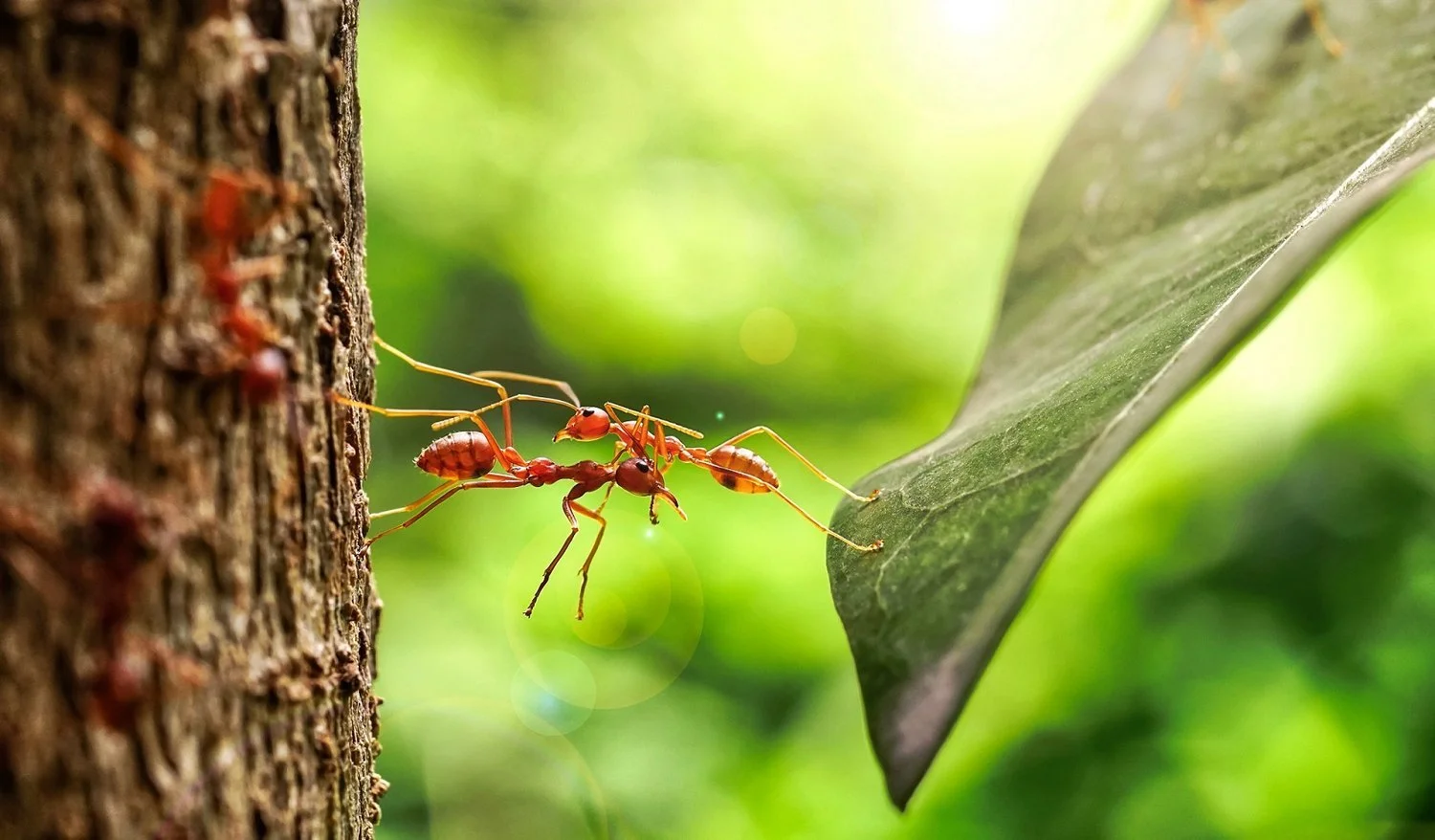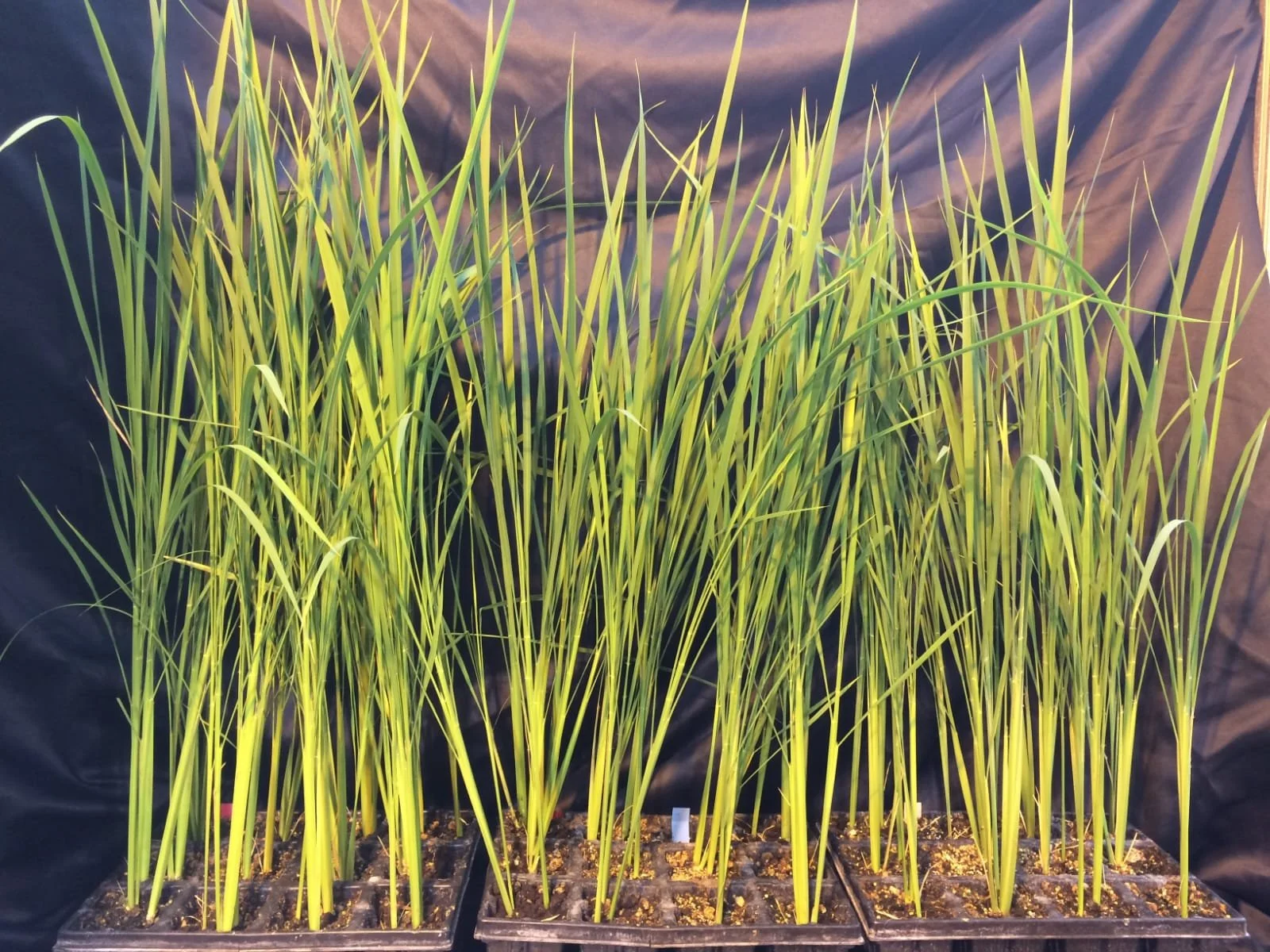An international team of researchers has asked itself the question of how many ants there are on Earth. It turns out that there are many more than previously thought!
Image Credit: Oasishifi via Shutterstock / HDR tune by Universal-Sci
The team estimates that the total number of ants breaches 20 quadrillion (20,000,000,000,000,000). All ants put together would comprise approximately 12.000.000 tonnes of carbon. To put this astronomical number in perspective, that is about 2.500.000 ants for every human on the planet.
This figure turned out significantly higher than previous estimates from the 1990s; back then, the number of above-ground ants was estimated to be between one and ten quadrillion.
Counting ants at over a 1000 locations
The study mentioned above took place in 1994 and was conducted by two American biologists. Numbers were based on ant density in southern England and were then extrapolated to account for the entire world.
The new study, led by an ecologist from the University of Würzburg, is a lot more robust. Conclusions are based on an analysis of 489 ant population studies and totaling counts at some 1,300 locations around the world.
Interestingly, it turns out that nearly two-thirds of ants live in savannas and tropical forests.
Image Credit: frank60 via Shutterstock / HDR tune by Universal-Sci
The vital role of insects
The team stresses that ants and other insects form a crucial link in ecosystems, partly because they disperse plant seeds. They can also help in combating pests. Research has shown, for example, that ants can actually be more useful in helping farmers grow healthy crops than conventional pesticides.
Worryingly, global insect numbers are dropping as a result of a variety of threats such as climate change, fragmentation as a result of habitat destruction, and the use of chemicals.
According to the scientists, it is in our own interest to keep an eye on ant populations. It is relatively simple to count ants, and citizen scientists worldwide can assist in researching how these critical species are faring in the face of rapid environmental changes.
The team published their findings in the peer-reviewed journal PNAS. We have listed it below for those interested in more details about the subject and the study.
Sources and further reading:
The abundance, biomass, and distribution of ants on Earth (PNAS)
Ants may be the key to explaining why the human brain mysteriously shrank 3000 years ago (Universal-Sci)
The effects of ants on pest control: a meta-analysis (Proceedings of the Royal Society B)
If you enjoy our selection of content consider subscribing to our newsletter (Universal-Sci Weekly)
FEATURED ARTICLES:









